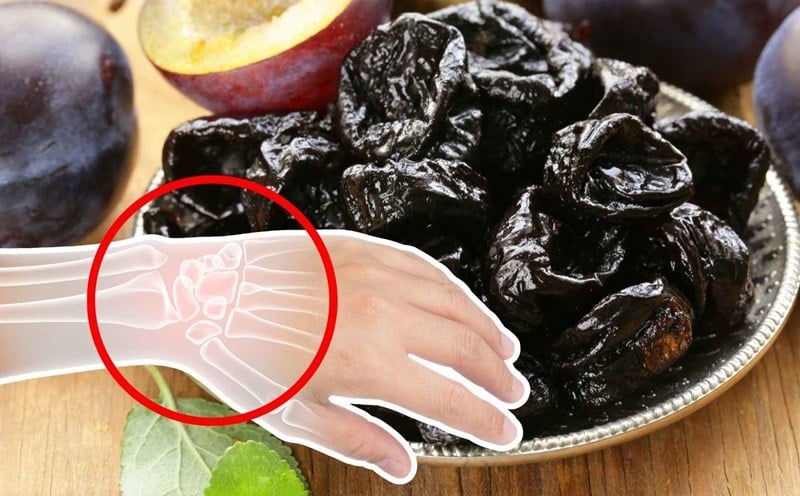Our skeletal system is the framework that supports our body, but it is surprisingly fragile if we don’t maintain a healthy diet.
Below are three types of beverages that experts warn can be detrimental to our bones if consumed frequently:

1. Carbonated Soft Drinks
Carbonated soft drinks contain high levels of phosphoric acid, which disrupts the calcium-phosphorus ratio in our bodies. When phosphorus levels are high and calcium is insufficient, the body is forced to withdraw calcium from the bones to maintain balance, leading to a severe calcium deficit.
Additionally, the caffeine found in many soft drinks inhibits calcium absorption from food. A study at Harvard University (USA) indicated that women who consumed large amounts of carbonated soft drinks had an increased risk of hip fractures.
Note: Children and adolescents, who are in the bone development stage, should avoid frequent consumption of carbonated soft drinks as it can negatively affect their height and bone density later in life.
2. Energy Drinks and Excessive Coffee
Both energy drinks and coffee are loaded with caffeine. While caffeine can enhance alertness and productivity, excessive consumption (more than 400mg per day) will increase calcium excretion through urine. In other words, the body will expel calcium at a faster rate, leading to reduced calcium levels in the blood and, eventually, osteoporosis.
Many individuals substitute coffee for water or rely heavily on energy drinks while working or studying, unaware that their bones are gradually weakening.
Suggestion: If you enjoy coffee, limit your intake to 1-2 small cups per day and pair it with calcium-rich foods like dairy, small bony fish, and dark green leafy vegetables…

3. Industrial Tea and Ready-to-Drink Tea
Industrial tea, such as bottled tea, and ready-to-drink tea are often formulated with artificial flavors, chemical sweeteners, and fats of unknown origin. Some of these beverages also contain unregulated amounts of caffeine. Regular consumption of these drinks not only increases the risk of obesity and diabetes but also interferes with calcium and mineral absorption in the body.
Moreover, the high sugar content in these drinks hinders the synthesis of vitamin D, which is crucial for calcium absorption.
Common Misconception: Many believe that tea-based drinks, derived from green or black tea, are “healthy.” However, the tea used in these beverages often loses its nutritional value and is loaded with harmful additives.
Expert Recommendation: Drink Smart to Protect Your Bones
- Drink enough water (1.5-2 liters/day)
- Consume calcium-rich milk or plant-based milk alternatives
- Minimize consumption of the above-mentioned beverages
- Exercise regularly and soak up morning sunlight (15 minutes daily) for vitamin D synthesis
Bone health cannot be restored overnight if compromised. Therefore, start with small changes, like choosing the right beverages. Staying away from these three calcium-depleting drinks is a simple yet effective way to ensure strong and resilient bones for years to come.






































